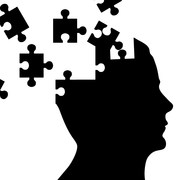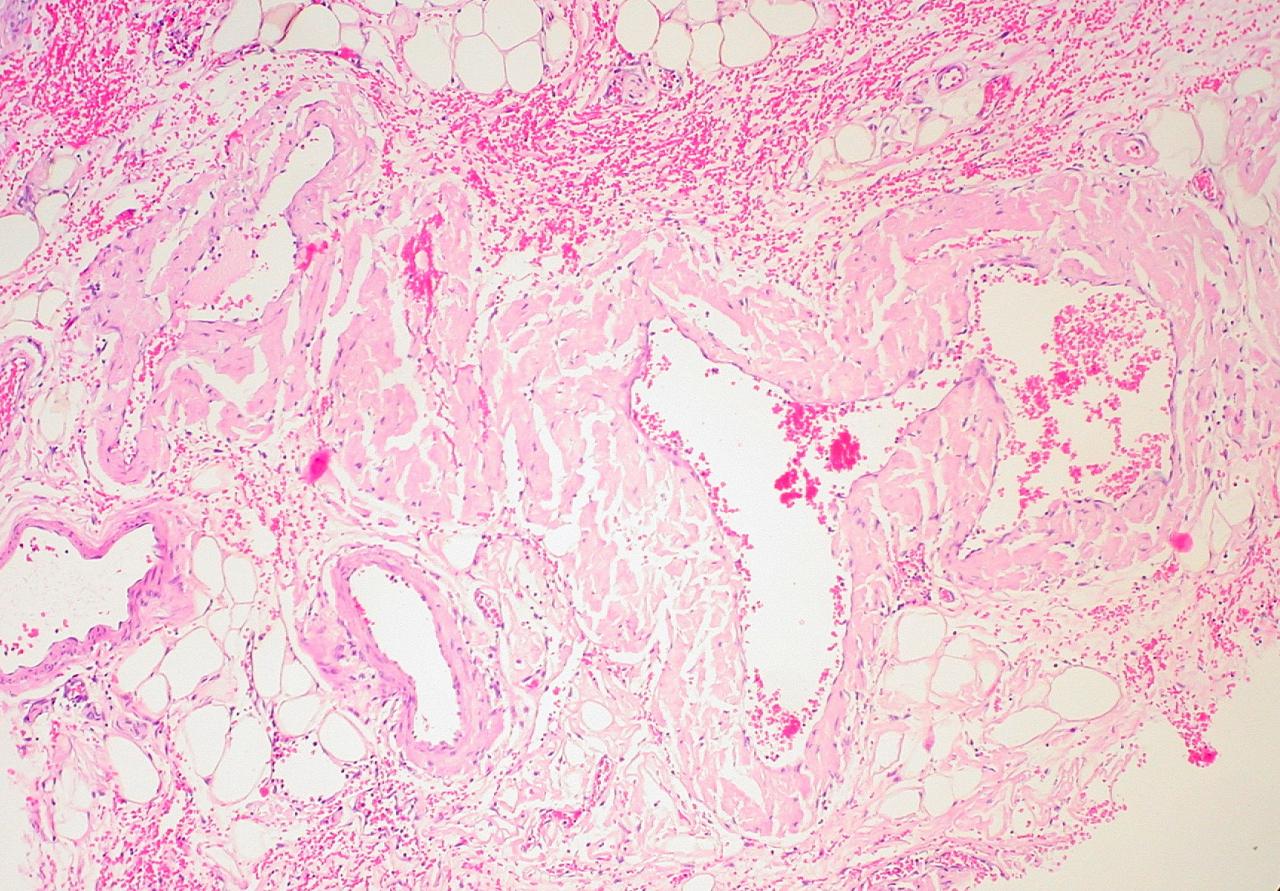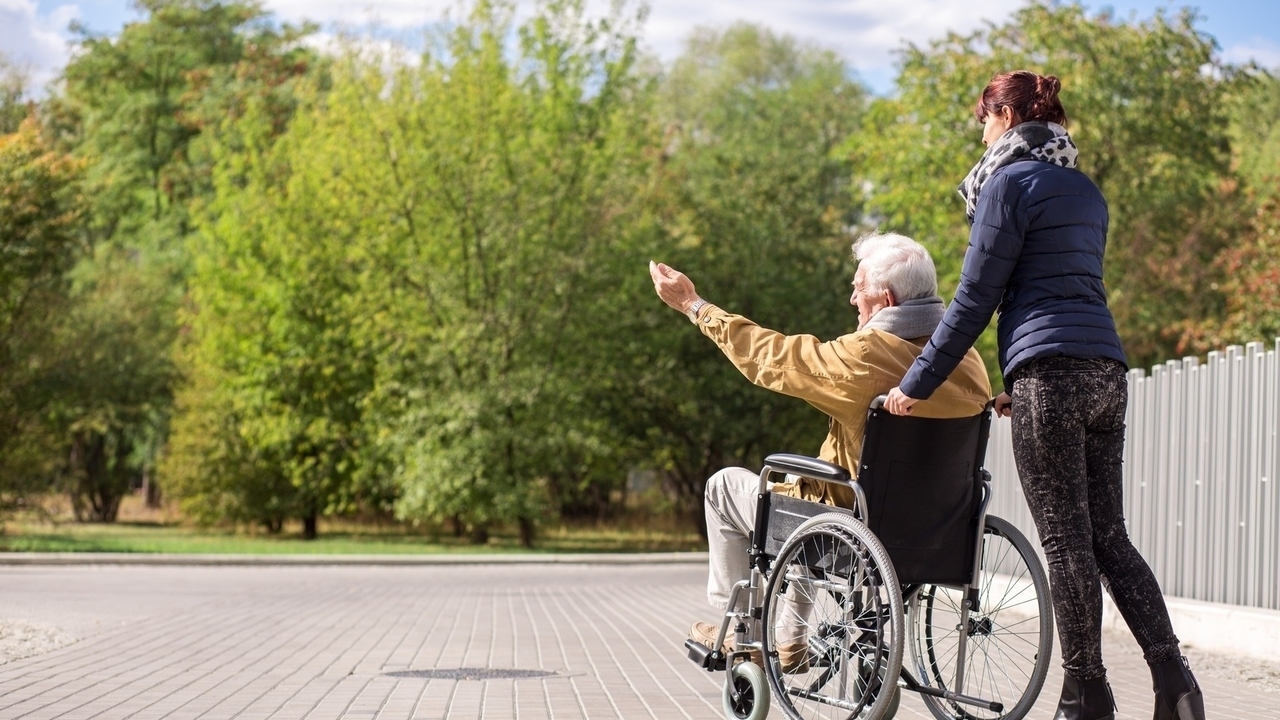 Kbuntu/PhotoSpin
Kbuntu/PhotoSpin
In the United States, each year an estimated 1.7 million individuals experience a traumatic brain injury, or TBI, according to the Centers for Disease Control and Prevention.
A TBI may be a closed head injury — in which the head strikes an object — or a penetrating head injury — in which the object breaks through the skull and can come in contact with the brain tissue.
A TBI can range from mild to severe. The Centers for Disease Control and Prevention noted that 75 percent of annual TBI cases are either concussions or another type of mild TBI.
Concussions are the most common form of TBI and are also the most minor, according to the National Institute of Neurological Disorders and Stroke.
One area of concern with TBI is the risk of developing dementia later in life. Dementia symptoms have been noted in individuals who have careers where they have sustained head injuries.
For example, career boxers may be vulnerable to dementia pugilistica, or chronic traumatic encephalopathy. The National Institute of Neurological Disorders and Stroke said that boxers can begin displaying symptoms of dementia 6 to 40 years after starting their career.
So what does the new research say about the risk of developing dementia in individuals who have had a TBI?
One recent study followed 4,225 individuals ages 65 and older (the average age was 75) who did not have dementia at time of enrollment. Participants were in the study for up 16 years (the mean was 7.4 years) and were seen every two years.
Researchers collected information on participants’ TBI history. About 14 percent of the participants had a history of a TBI with a loss of consciousness when they enrolled in the study.
The researchers found that that having a history of a TBI with a loss of consciousness did not increase the risk of developing Alzheimer’s disease or another type of dementia.
However, they found that if an individual had her first head injury before the age of 25, her risk for having another TBI more than doubled. If her first TBI occurred after the age of 55, her risk of having another one nearly quadrupled.
It should be noted that these findings are different from those involving athletes who have had TBIs.
A new study focused on retired NFL players, looking at neuropsychological changes. Thirty-four retired NFL players between the ages for 41 and 79 were included in the study.
Only two of the NFL players did not have a history of a concussion. Of the participants who had had a concussion, the average number of concussions during the life span was 4.0.
Magnetic resonance imaging (MRI) scans were done on 26 of the participants, as the other participants were claustrophobic. They were matched to 26 healthy controls.
After administering neurocognitive tests, 20 of the retired NFL players were cognitively normal, four had a fixed cognitive deficit, eight had mild cognitive impairment, and two had dementia.
They found that with those who had cognitive impairment, there were associations between cognitive dysfunction and white matter lesions.
Specific cognitive domains were found to be impaired in the retired NFL players, which included issues with word finding, memory and naming. These impairments were correlated with blood flow changes in the superior temporal lobe, inferior parietal lobule and left temporal pole.
In addition to cognitive impairment, eight of the retired NFL players were depressed, which was slightly higher than expected for that age group.
The authors noted that the findings suggest that with age, retired NFL players may be more likely to develop depression or cognitive impairments in word finding, naming or memory.
The connection between TBI and dementia is not so clear-cut, and there may be other factors involved. For example, genetics may play a role. Future research may help identify these factors.
References
Centers for Disease Control and Prevention. How Many People Have TBI?. Web. 9 January 2013.
http://www.cdc.gov/TraumaticBrainInjury/statistics.html
National Institute of Neurological Disorders and Stroke. Traumatic Brain Injury: Hope Through Research. Web. 9 January 2013.
http://www.ninds.nih.gov/disorders/tbi/detail_tbi.htm
Dams-O’Connor et al. “Risk for Late-Life Re-Injury, Dementia and Death Among Individuals with Traumatic Brain Injury: A Population-Based Study.” Journal of Neurology, Neurosurgery and Psychiatry. Web. 9 January 2013.
http://jnnp.bmj.com/content/early/2012/11/20/jnnp-2012-303938.abstract?sid=bea021a5-6c76-4a4b-9262-d84cfa48ce99
HealthDay News. Brain Injury Doesn’t Raise Dementia Risk for Most: Study. Web. 9 January 2013.
http://consumer.healthday.com/Article.asp?AID=672023
Hart et al. “Neuroimaging of Cognitive Dysfunction and Depression in Aging Retired National Football League Players: A Cross-Sectional Study.” JAMA Neurology. Web. 9 January 2013.
http://archneur.jamanetwork.com/article.aspx?articleid=1555584
Reuters Health. Link Between Concussions, Dementia is Complex: Study. Web. 9 January 2013.
http://www.reuters.com/article/2013/01/07/us-concussions-dementia-idUSBRE9060SJ20130107
Reviewed January 9, 2012
by Michele Blacksberg RN
Edited by Jody Smith






Add a CommentComments
There are no comments yet. Be the first one and get the conversation started!